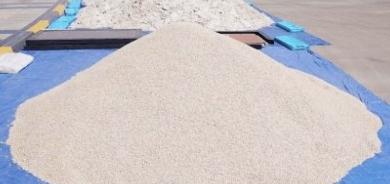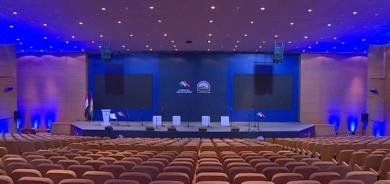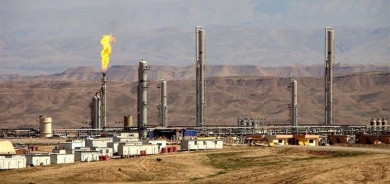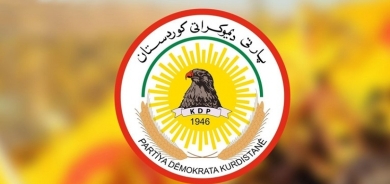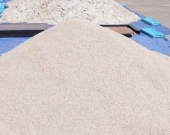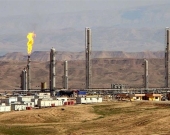A war of words over Russian missile deliveries to Syria
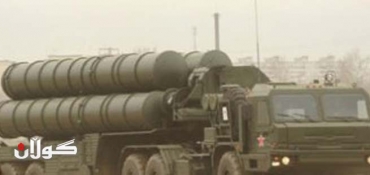
A day after President Bashar al-Assad implied that Syria had received a first shipment of sophisticated Russian anti-aircraft missiles, Russian reports clarified that the promised S-300 long-range systems had not yet arrived in Syria and suggested that delivery was unlikely before the autumn of 2013.
The Russian Interfax news agency on Friday quoted a Russian arms industry source as saying the deliveries can begin “no earlier than the autumn”. Two other Russian newspapers, the Vedomosti and Kommersant, reported on Friday that Moscow may not deliver the missile systems to Damascus this year.
The confusion stemmed from excerpts released by Hezbollah’s al-Manar TV ahead of its Thursday night interview with the Syrian president.
The excerpts released by the Lebanese-based TV station quoted Assad as saying his government had already received a first shipment of S-300 missiles from Russia.
But in the interview itself Assad only said: "All we have agreed on with Russia will be implemented and some of it has been implemented recently, and we and the Russians continue to implement these contracts."
“There’s been a lot of confusing statements coming out of the various parties involved over the past few days,” said Cyril Vanier from FRANCE 24’s international affairs desk. “The Lebanese TV that broadcast the interview had actually in a way “mis-teased” the interview. They had suggested that Assad was confirming the arrival of the missiles. That’s not what he did.”
'A game of poker’
The latest turn came as the international community is pushing to hold US-Russian sponsored peace talks next month in Geneva.
“What we’re seeing for the moment is a game of poker. The backers of both sides of the conflict are either supplying weapons or saying they are going to supply weapons,” said Vanier. “Both sides are trying to come to the negotiating table with as strong a hand as possible.”
Earlier this week, the European Union agreed to allow the lapse of a ban on arms deliveries to Syria’s rebels. Foreign ministers from the 27-nation union, meeting in Brussels, failed to muster the votes for renewing the arms embargo, which expired Friday.
Assad has said Syria would “in principle” attend a peace conference in Geneva if there were no unacceptable preconditions.
But on Thursday, the main Western-backed opposition group outside Syria announced it would not participate in the talks.
A spokesman for the Syrian National Coalition (SNC) told reporters in Turkey that the group would not attend the talks while massacres continued inside Syria.
"The National Coalition will not participate in an international conference and will not support any efforts in light of Iran's malicious invasion of Syria," said SNC spokesman Khalid Saleh in an apparent reference to Iranian-backed Hezbollah fighters aiding Assad’s forces inside Syria.
There have been numerous reports that Iran’s Revolution Guards are advising Assad’s troops and earlier this year, a top Revolutionary Guard official was killed in Syria.
Assad threatens Israel – and vice versa
In his interview with al-Manar on Thursday, Assad took a tough line on Israel, warning that Damascus would strike back if there were any new Israeli strikes inside Syria.
Earlier this month, Israel had struck near Damascus, targeting suspected shipments of advanced weapons purportedly intended for Hezbollah. Syria did not respond at the time.
Vanier noted that while Damascus has the means to defend its interests, “it’s simply not in its interests to engage with Israel – especially not now, when all of Bashar al-Assad’s security efforts are mobilised in fighting the rebellion inside Syria,” he noted. “However, Assad can’t lose any points by threatening Israel – this is always a positive sign to send to his backers – Hezbollah and Iran – even if these threats are just words.”
Meanwhile, Israel has indicated that it would attack the S-300 systems if they were used against the Jewish state. Earlier this week, Israeli Defense Minister Moshe Yaalon said Israel considered the S-300s in Syrian hands a threat and signalled it was prepared to use force to stop delivery.
The S-300s have a range of up to 200 kilometers (125 miles) and can track and strike multiple targets at once.
France24

